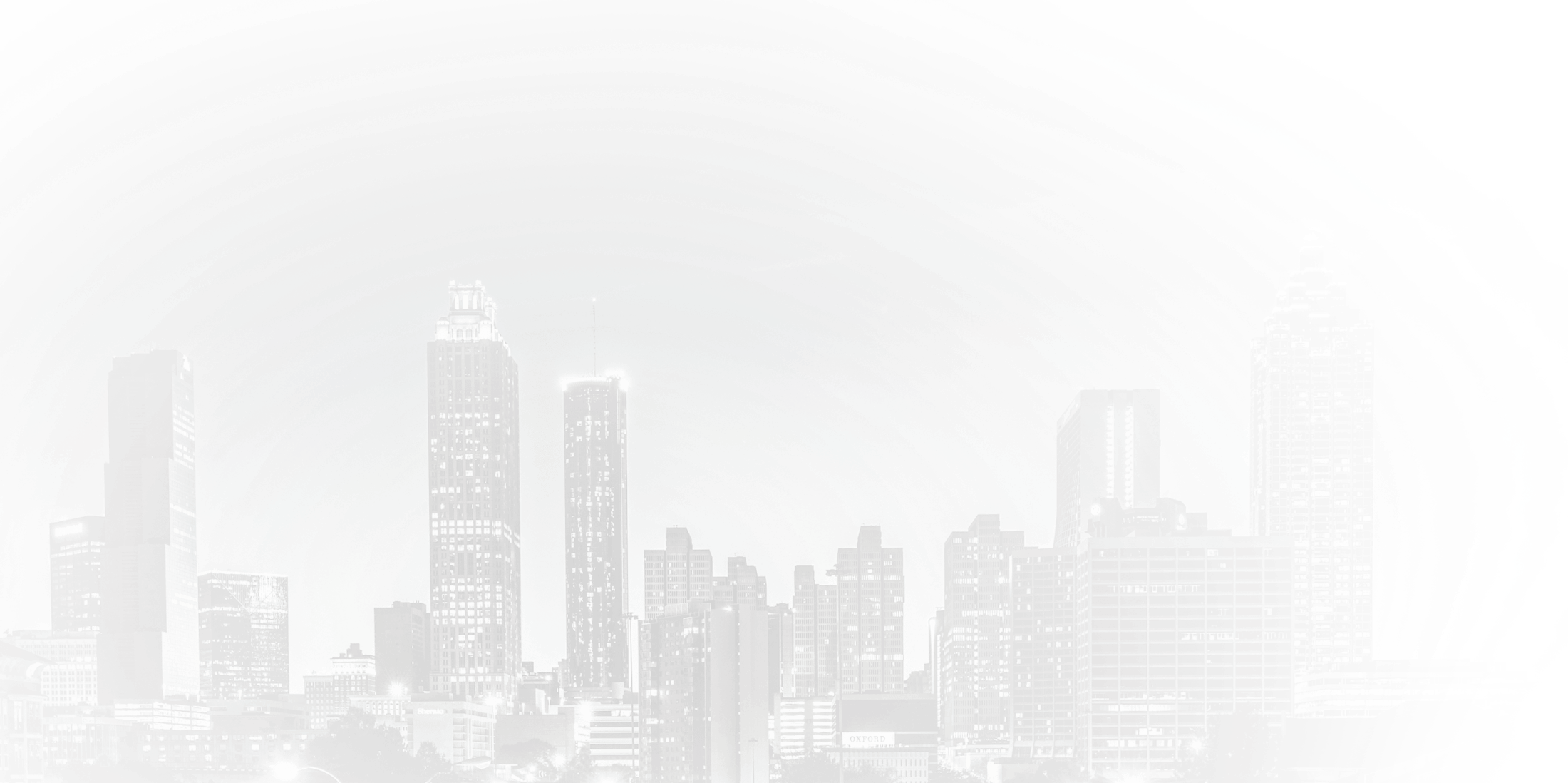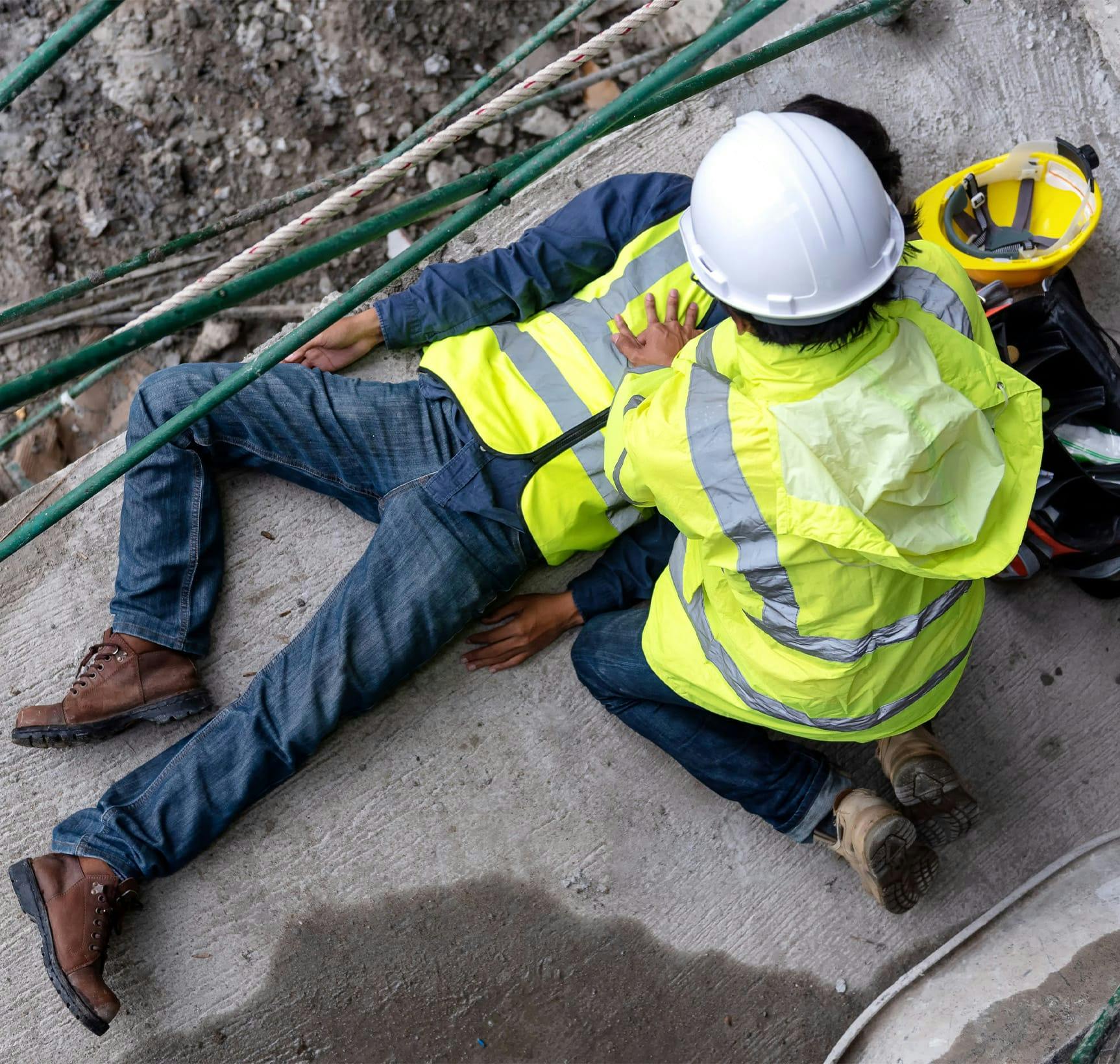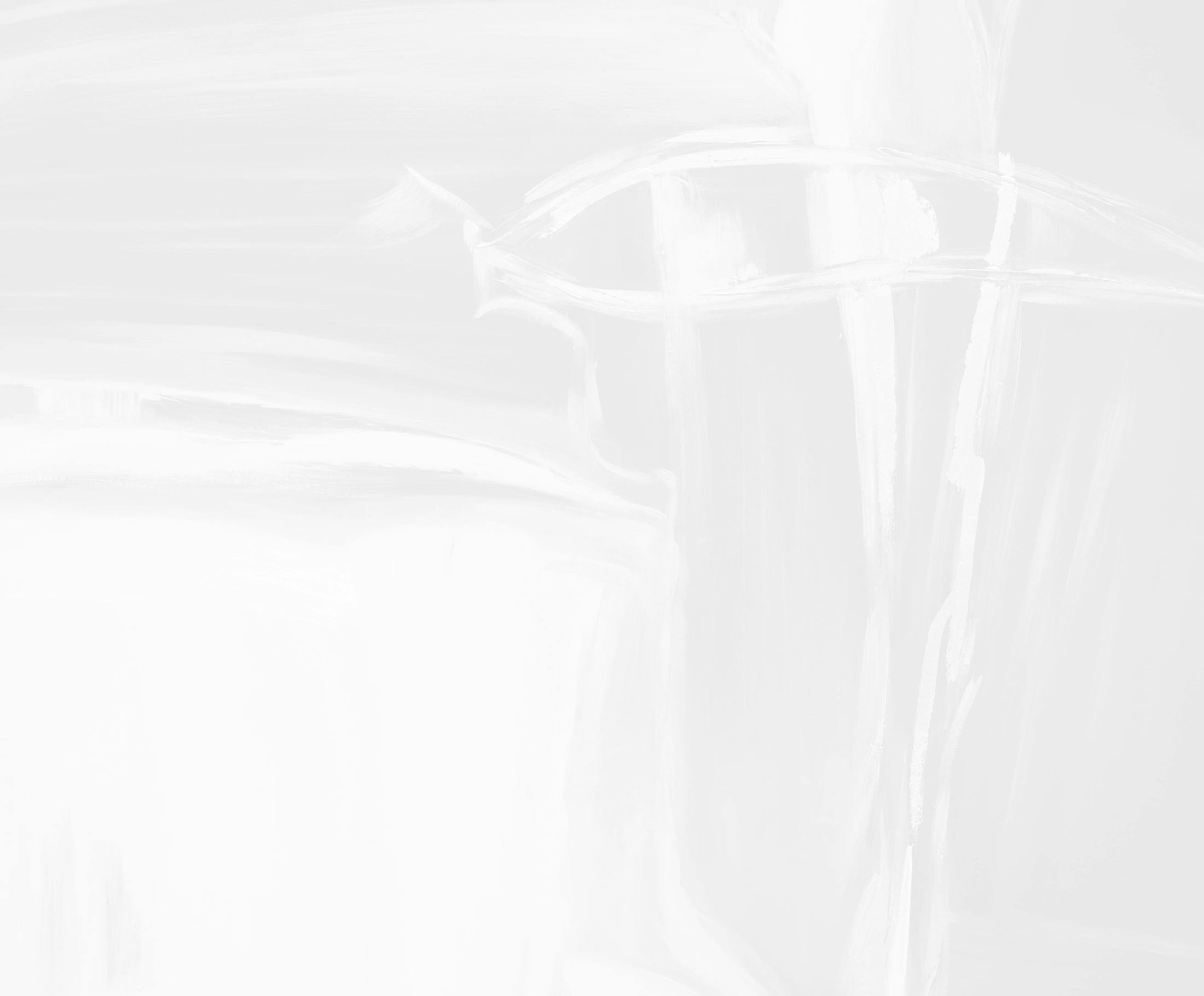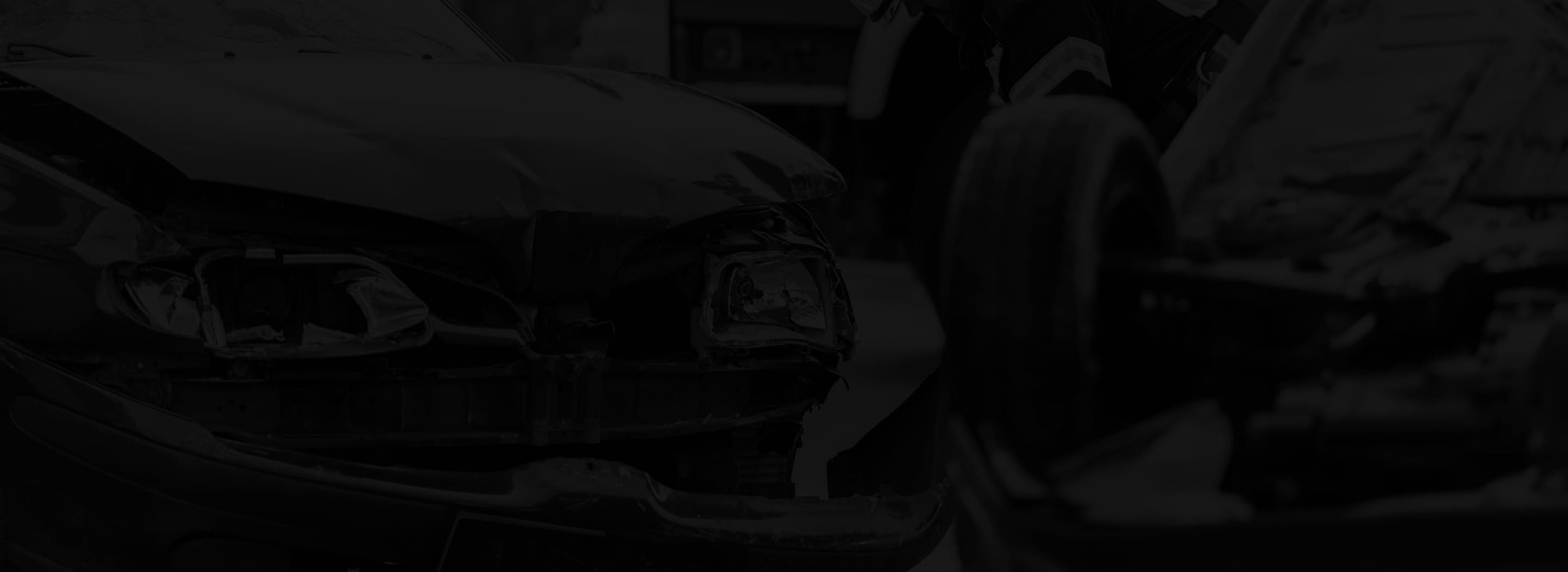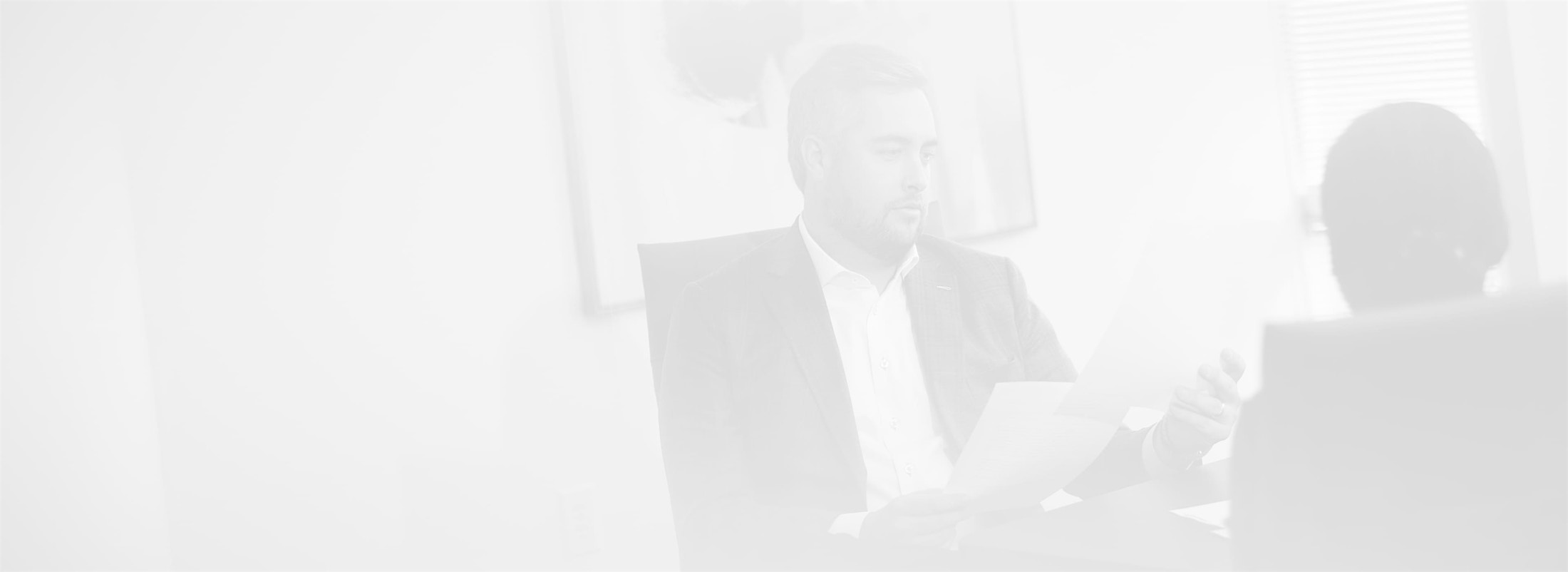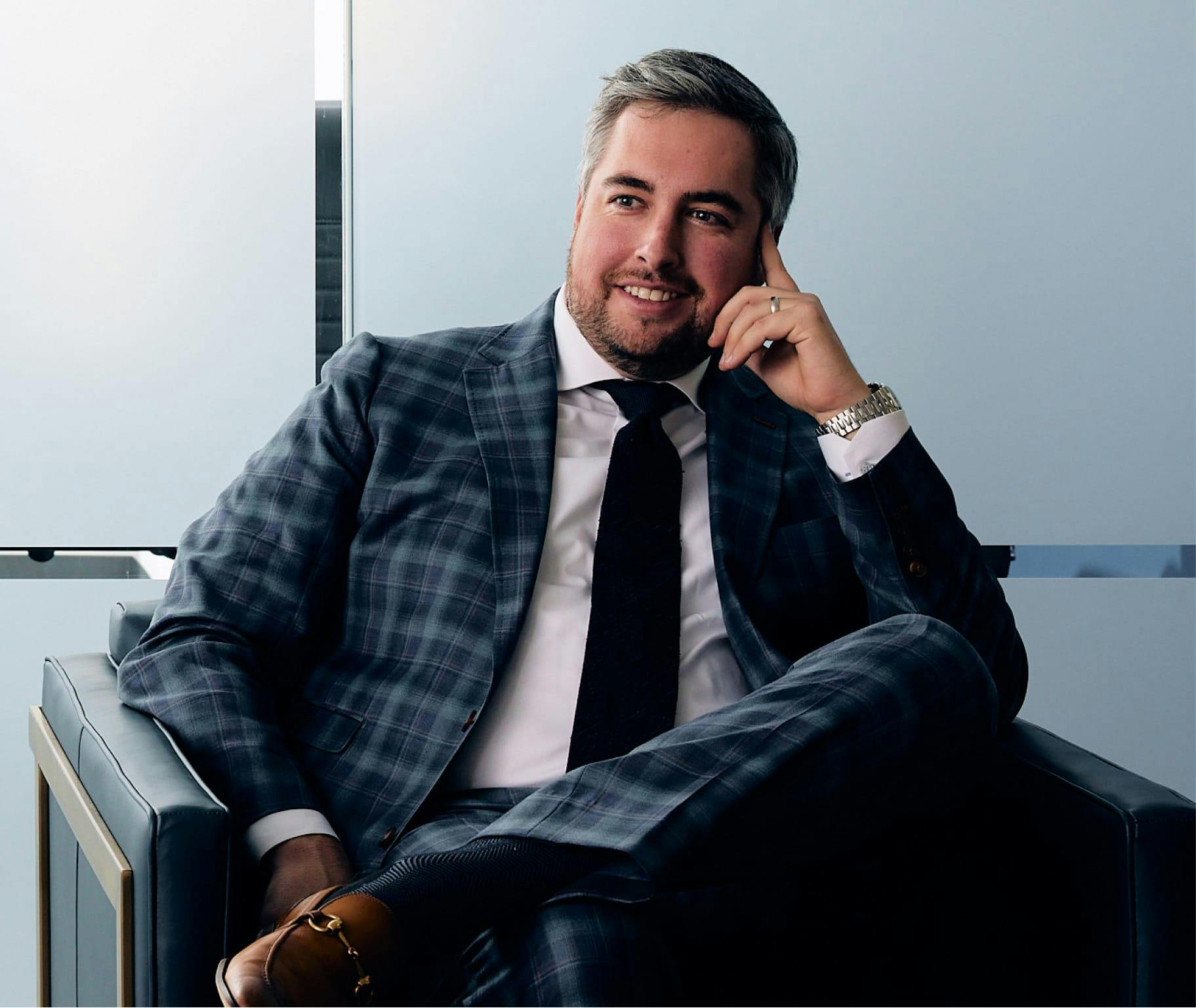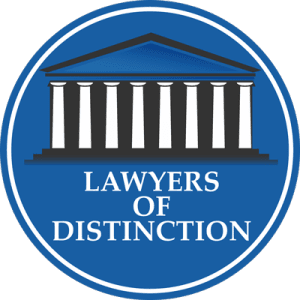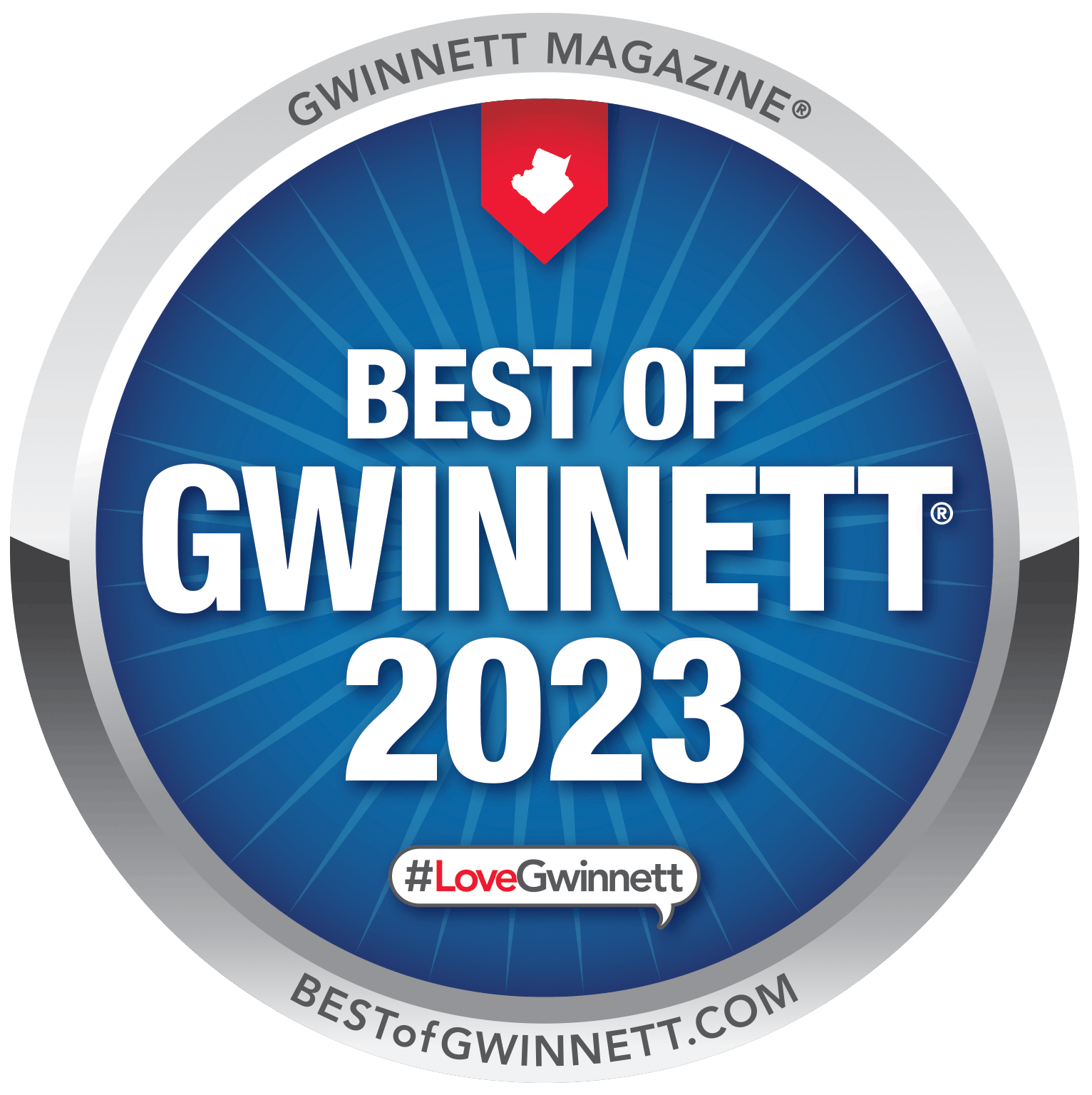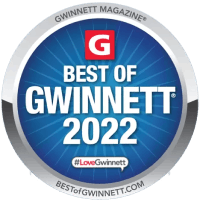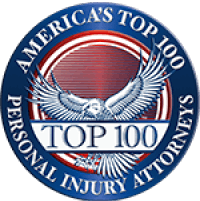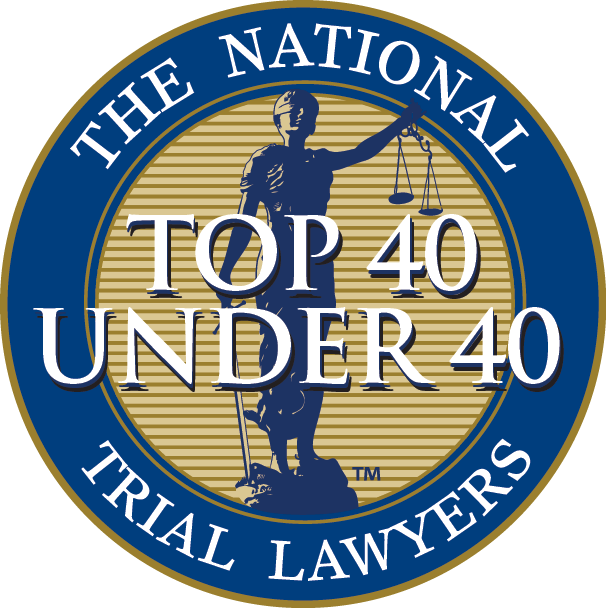How Do You Establish Negligence in Atlanta Premises Liability Cases?
Determining exactly who is responsible for an accident on the property in question involves proving the property owner or occupier failed to exercise reasonable care in maintaining a safe environment for visitors. To successfully pursue premises liability lawsuits, you and your premises liability lawyer in Atlanta must establish the following elements in accordance with Georgia law.
Duty of care
First, it’s essential to show that the property owner owed you a duty of care. In Georgia, different types of visitors are owed different levels of care by property owners:
Licensees: Social guests or other non-business visitors are considered licensees. Property owners must warn licensees of any known hazards that may not be apparent to them.
Invitees: Individuals Invited onto the property for business purposes, such as customers in a store, are owed the highest level of care. Property owners must regularly inspect their premises and address any hazards or warn invitees of potential dangers.
Trespassers: Property owners generally don’t owe a duty of care to trespassers, except in cases involving child trespassers and “attractive nuisances” like swimming pools.
Causation
It’s crucial to establish a direct link between the property owner’s breach of duty and your injuries. You must prove that their negligence directly caused your accident and resulting circumstances.
Actual harm
Lastly, you need to demonstrate that you suffered actual harm or losses, such as medical bills, lost wages, or pain and suffering, as a result of the property owner’s negligence.
Breach of duty
Next, you must demonstrate that the property owner breached their duty of care by failing to maintain reasonably safe conditions, adequately warn of hazards, or provide necessary security measures.
What Is the Statute of Limitations for Premises Liability Cases in Georgia?
According to Georgia Code (O.C.G.A.) § 9-3-33, you have two years from the date of the accident to file a lawsuit against the property owner or any other responsible party for injuries sustained on their property. Notably, there are some exceptions to this general rule. If the injured party is a minor (under 18 years old) or mentally incapacitated, the statute of limitations may be paused until they reach the age of 18 or are no longer incapacitated. Special rules and procedures apply if the property owner or responsible party is a government entity. You must provide the government entity with written notice of your claim within a specified timeframe (usually six to 12 months) before filing a lawsuit. In cases where the injured party did not discover their injury immediately, the so-called “discovery rule” may apply. The statute of limitations will begin from the date the injury was discovered or reasonably should have been discovered.


